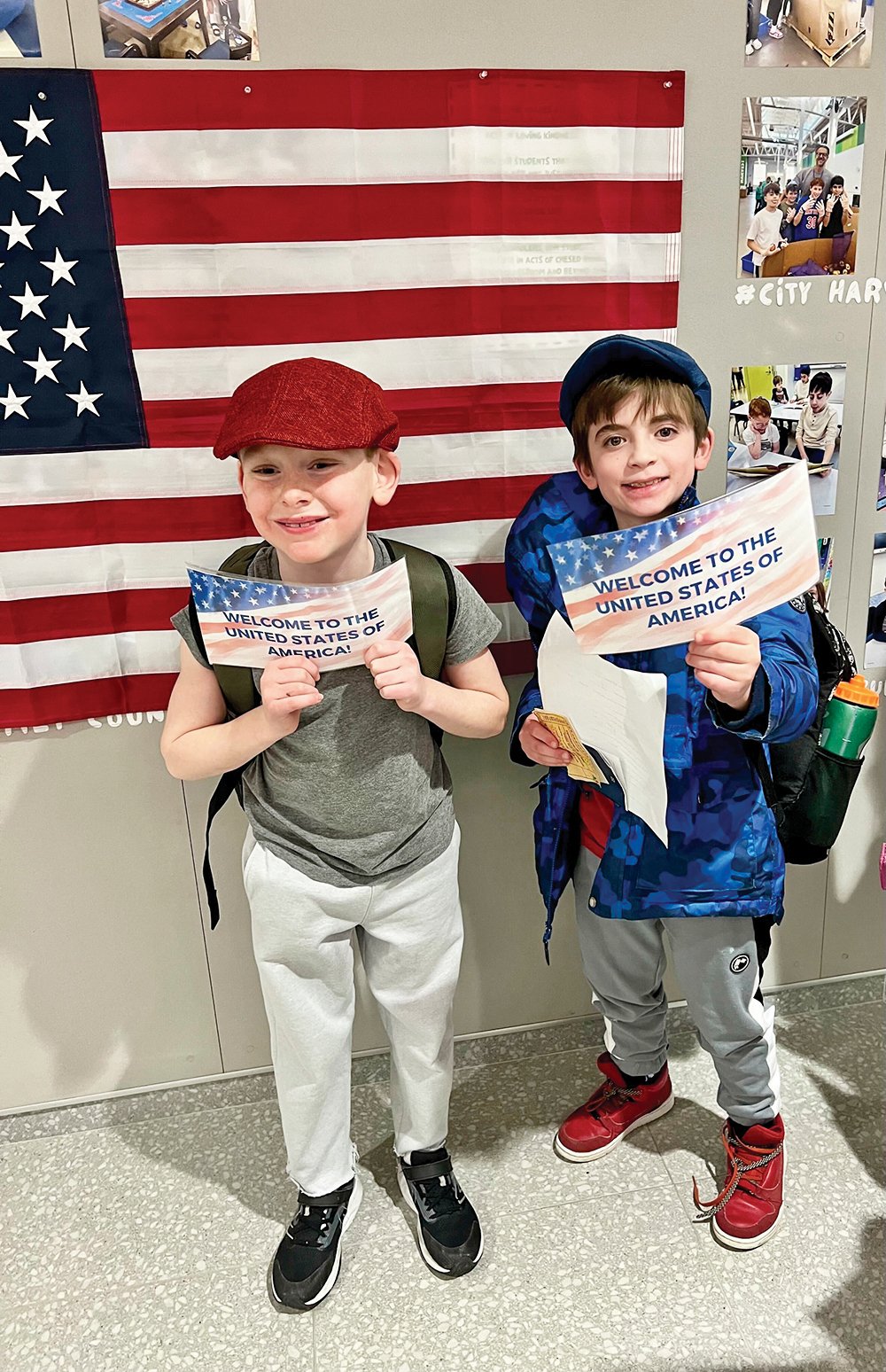

“Look both ways. Don’t talk to strangers. Don’t go near the water without an adult.”
Parents know these phrases well and will repeat them as often as it takes to be sure their children stay safe. But when it comes to talking about sexual assault and abuse, many parents of young children are at a loss for words. Starting the conversation can be tricky—the topic itself might feel uncomfortable, scary, or even inappropriate.
The Project S.A.R.A.H. team of clinicians knows it’s never too early to open this dialogue. Through prevention outreach programs, we visit schools and camps regularly—even holding “fireside chats” with families about this important topic. The alarming truth is, sexual abuse happens across communities, settings and ages. By conservative estimates, one out of three girls and one out of five boys experience some form of sexual abuse before the age of 18. In 90% of cases, the perpetrator is someone the parent or child knows—and is often trusted by the child and family.
But here is the reassuring news: There are many age-appropriate ways parents help children begin to think and talk about healthy relationships and positive consent—without even using those terms.
Use friendships as a frame. These are likely their earliest close relationships outside the family. Ask your kids open-ended questions about what makes a good friend—and what doesn’t. How do they communicate to friends and classmates when a certain behavior doesn’t feel okay? This offers parents a natural opening to discuss physical and emotional boundaries.
Collaborate on rules for play. A good one to start with: Whether they’re climbing on a jungle gym or starting a game of hide-and-seek, all involved parties should be on board. Pressuring others to join is never allowed, and anyone is free to change his/her mind at any time.
Safety first. Discuss with your child how important it is that any game or activity should feel safe and comfortable to everyone involved—physically and emotionally.
No secrets. Activities must be permitted by the parents/adult caregivers of all involved children. If someone—a classmate, teacher, cousin—suggests keeping any behavior or touch a secret, teach your child that he or she can and should come to you without fear of punishment.
Keep talking. Seize daily opportunities to show your kids that you’re there to talk, and especially to listen. Taking a minute tonight to hear them out about a seemingly minor friendship dilemma sends a powerful message that you’re available to help anytime an interaction with another person doesn’t feel right–and, in fact, could potentially be dangerous.
Project S.A.R.A.H. therapists are available to provide professional assistance in promoting healthy family communication and relationships. We have prevention programs that teach teenagers and young adults what they can do if they find themselves concerned for a friend in a potentially unhealthy relationship. For more information call us at 973-777-7638.
Cara Harmon is a Project S.A.R.A.H. team member and presenter, and has worked extensively with those affected by domestic violence and other forms of trauma.













